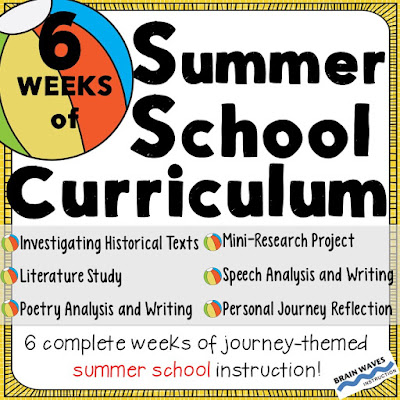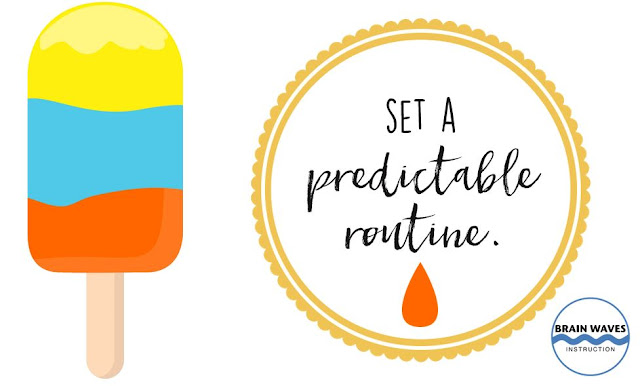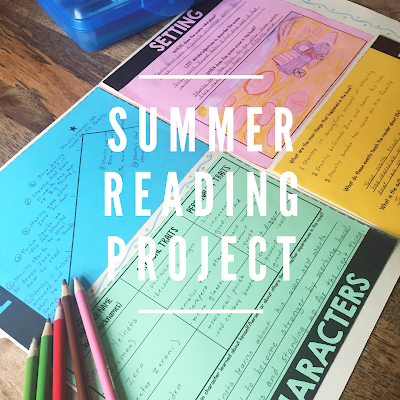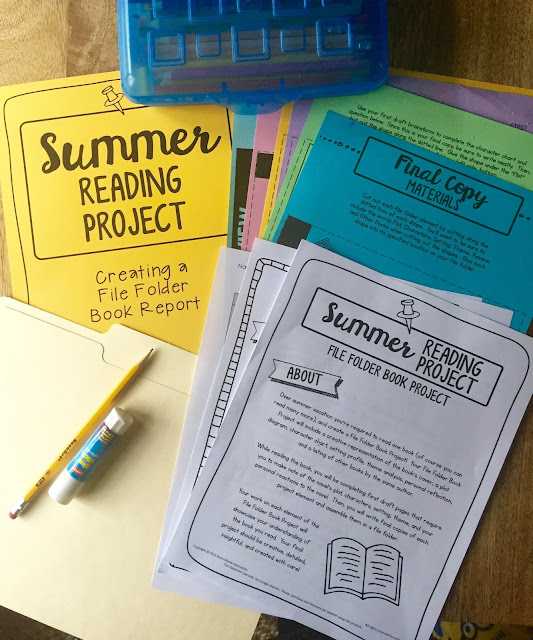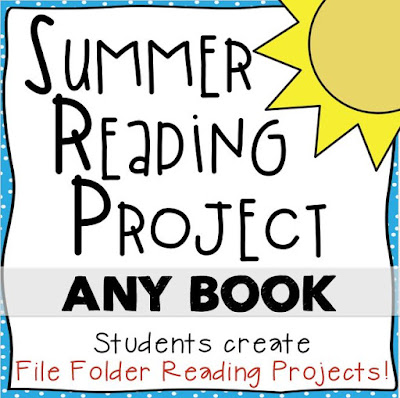Now that
summer is in full swing, you have time to... think! The harried pace of
teaching doesn’t always allow for it, and yet being thoughtful about our
teaching practice is what makes us better teachers. Take time now to look back and
reflect on your year. What went well? What didn’t?
Number 2
on my list of 10 Things To Do This Summer To Make Next Year Easier is to
First,
celebrate your successes. Give yourself credit for the things you did well –
there may be more than you realized at the time. Then figure out how you can
replicate those conditions next year.
If
everything wasn’t a stunning success, take comfort in the knowledge that you’re
human(!). And then, with the benefit of some distance, look at the situation
from a different angle. You may just need to tweak your approach.
Here are
some questions to help guide your reflection process:
>>> What was the best part of this past school year?
>>> Were the
learning objectives clear (and visible) to the students, and did your students
meet them? Did they have fun?
>>> Were your assessments informative? How did you help those students who didn’t “get it?”
>>> Did you adequately differentiate? Could you meet more students’ needs with the addition of materials at different reading levels?
>>> Were you doing most of the talking, or did the students get to drive the conversation?
>>> How did your students respond to your classroom management style?
>>> What works – and what doesn’t – about the “flow” in your classroom? Do you need more systems to manage the papers and people?
>>> Do you want to incorporate more technology into your instruction? Do you have a plan for how to achieve that?
>>> Are you interested in exploring a collaborative arrangement with a teacher? Is co-teaching an option? How might that work?
>>> Did you like the order in which you taught your units, and the lessons within those?
>>> Did you achieve a good rapport with your students? How?
>>> Were your assessments informative? How did you help those students who didn’t “get it?”
>>> Did you adequately differentiate? Could you meet more students’ needs with the addition of materials at different reading levels?
>>> Were you doing most of the talking, or did the students get to drive the conversation?
>>> How did your students respond to your classroom management style?
>>> What works – and what doesn’t – about the “flow” in your classroom? Do you need more systems to manage the papers and people?
>>> Do you want to incorporate more technology into your instruction? Do you have a plan for how to achieve that?
>>> Are you interested in exploring a collaborative arrangement with a teacher? Is co-teaching an option? How might that work?
>>> Did you like the order in which you taught your units, and the lessons within those?
>>> Did you achieve a good rapport with your students? How?
My favorite way to reflect on the year is with a pretty journal and some fun pens. I just write a question at the top of a new page and get writing.
It's true that thinking
critically about your practice will invariably improve it. It’s easy to get
overwhelmed while doing this, so after you’ve thought about your year, pick one
or two areas to improve. And don’t focus too much on the lows. Reflect on what
went right, too, and you’ll be in a better place, mentally, when the new school
year starts.
Be sure to
check back again soon for Part 3 of our summer series!
Thanks for stopping by!
Mary Beth
P.S. In case you missed Tip #1, just click HERE.


















